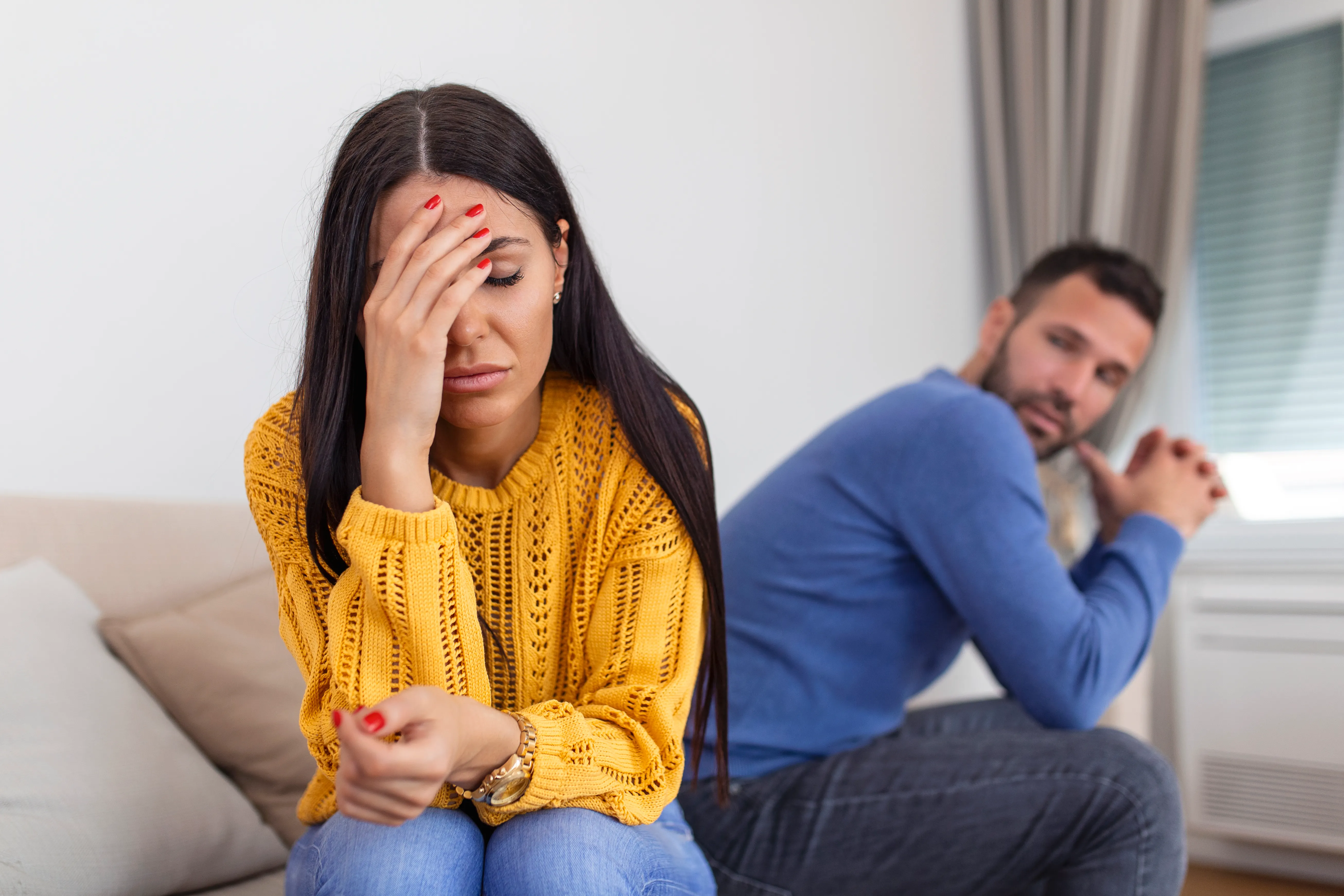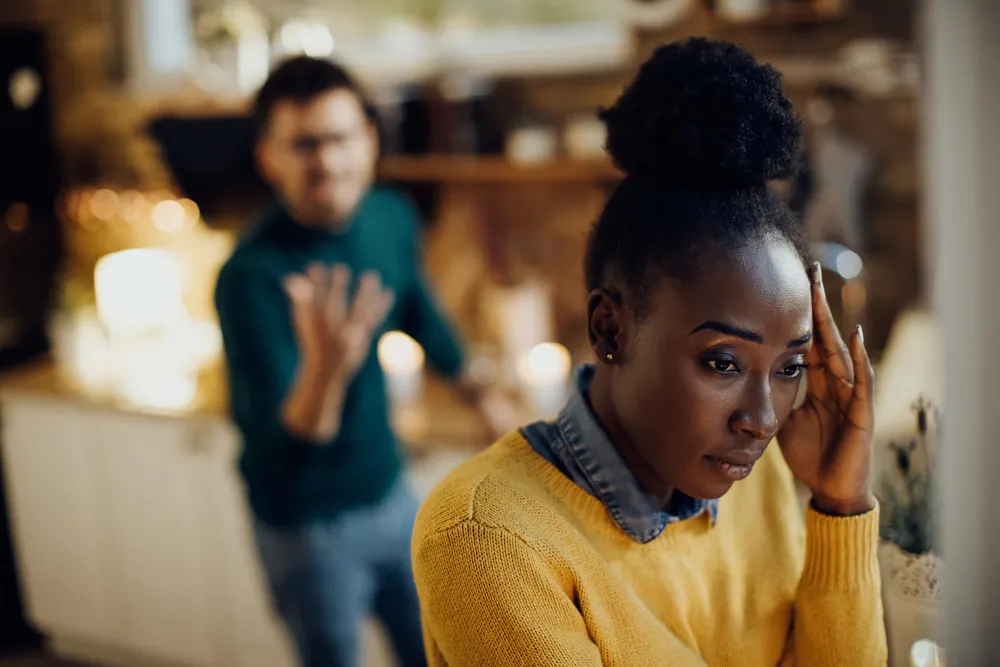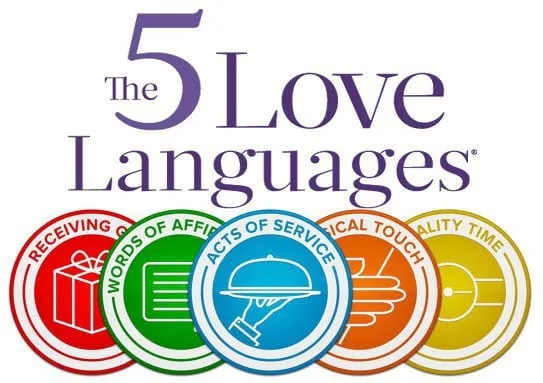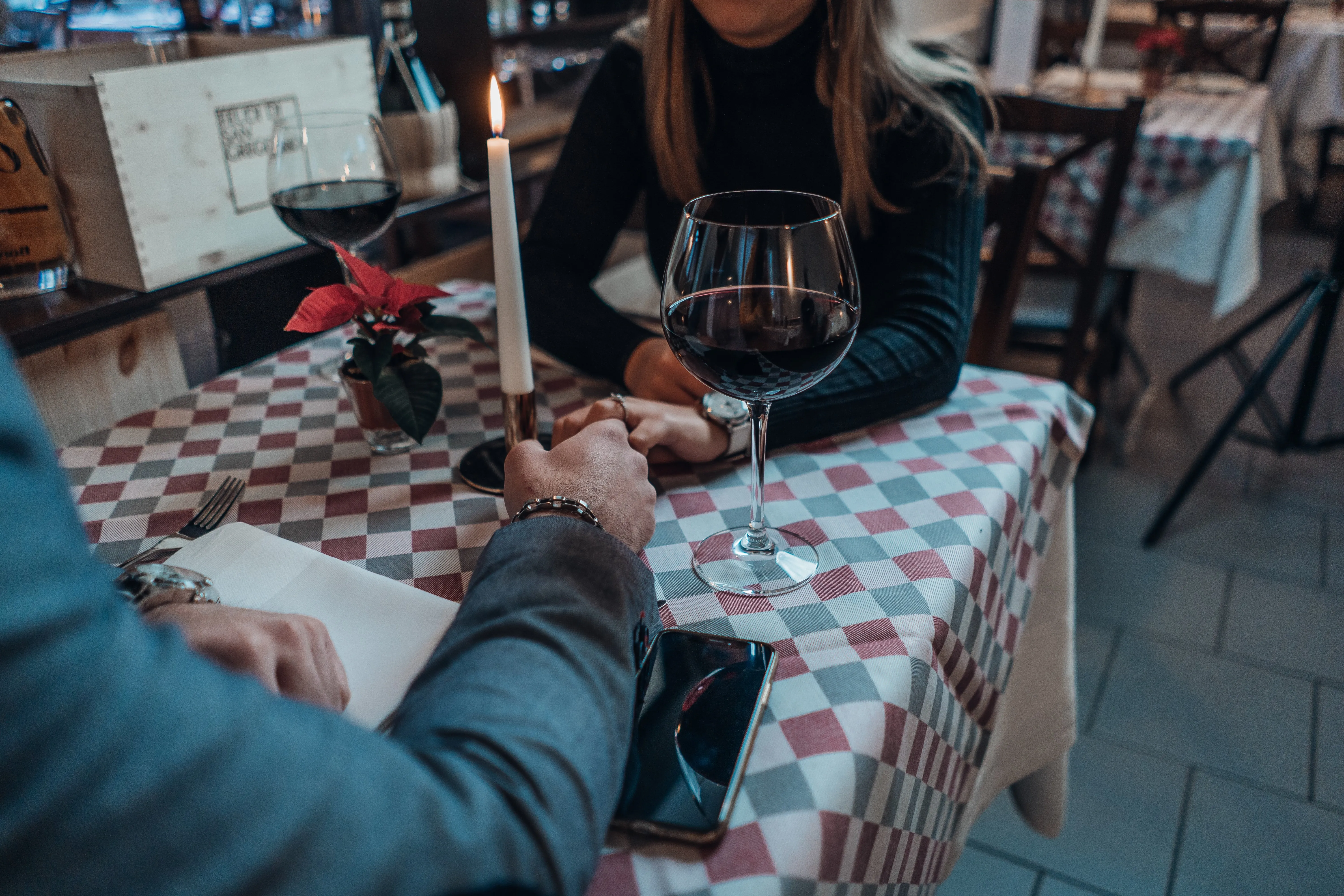Signs of a Toxic Relationship and Why You Can Become Addicted to It
In the journey of life, relationships are the threads that weave our hearts and souls together, forming the intricate tapestry of our existence. We seek love, connection, and understanding, yearning for bonds that nurture our spirits and make us feel cherished. But amidst the beauty of these connections, there are times when we find ourselves entangled in relationships that leave scars upon our very core.

In this blog post, we bravely confront the often-unspoken reality of toxic relationships, those insidious bonds that silently gnaw at our happiness and well-being. Toxic relationships manifest in many forms, be it an intimate partner, a friend, a family member, or even a work colleague. They are characterized by patterns of behavior that bring emotional turmoil and inflict wounds on our souls.
Recognizing a toxic relationship is akin to navigating through a dense fog; the signs can be subtle at first, but gradually, they cast a shadow over our lives, obscuring our sense of self-worth and distorting our perception of love. As we delve into this profound topic, we extend a compassionate hand to those who may find themselves ensnared in such bonds, reminding you that you are not alone.
It is essential to remember that seeking a healthier path is not a sign of weakness, but rather an act of profound self-love and self-preservation. Every person deserves to be cherished, respected, and valued. As we embark on this exploration of toxic relationships, let us embrace vulnerability and compassion, knowing that our collective growth strengthens the tapestry of human connection.
May this blog post be a beacon of light, illuminating the path towards healing and self-discovery. Together, we will navigate the complexities of toxic relationships, empowering each other to cultivate love, understanding, and compassion within ourselves and in our connections with others.
With open hearts and unwavering support, let us embark on this transformative journey toward breaking free from the shackles of toxicity and embracing the freedom of authentic, nurturing relationships.
Welcome to a conversation that matters.
[ToC]
1. Understanding Toxic Relationships
Toxic relationships, like a thorny vine that wraps itself around our hearts, can slowly suffocate the love and joy from our lives. These relationships are not always easy to recognize, as they often disguise themselves behind smiles and empty promises. They seep into our lives, leaving emotional scars that may take years to heal.

Understanding Toxic Relationships: A List
- Subtle Beginnings: Toxic relationships often start with subtle cues, making them difficult to recognize initially. These small instances of disrespect or control accumulate over time.
- Various Forms: Toxic relationships can manifest in different connections, such as romantic partnerships, friendships, family ties, or even professional relationships.
- Undermining Emotional Well-being: At their core, toxic relationships are characterized by patterns of behavior that undermine emotional well-being and mutual respect.
- Power Imbalances: Toxic relationships thrive on power imbalances and emotional vulnerabilities, often fueled by jealousy or possessiveness.
- Gradual Erosion: Toxic bonds gradually erode self-esteem, making it hard to discern the warning signs until we feel trapped in emotional turmoil.
- Normalizing Dysfunction: The gradual accumulation of harmful behavior may lead victims to accept mistreatment as normal, making it challenging to recognize the toxicity.
- Courageous Self-awareness: Identifying toxic relationships requires courage and self-awareness, peering into the deepest corners of our hearts.
- Breaking Free: By nurturing self-esteem and setting firm boundaries, we gain the strength to confront toxic relationships and reclaim our emotional well-being.
- Seeking Support: Seeking support from friends, family, or professionals provides a safe space for open dialogue and guidance.
- Empowerment and Growth: Understanding toxic relationships is an ongoing journey of empowerment, recognizing our inherent worth, and fostering nurturing connections.
2. Signs of a Toxic Relationship
Toxic relationships can be damaging and harmful to one's emotional and mental well-being. Here are some of the most common signs of a toxic relationship:

- Constant criticism and belittlement: One or both partners constantly put each other down, and criticize each other's actions, appearance, or choices, leading to a lack of self-esteem and confidence.
- Lack of trust: Trust is the foundation of any healthy relationship. In toxic relationships, there is often a lack of trust, leading to jealousy, possessiveness, and constant suspicion.
- Controlling behavior: One partner attempts to control the other's actions, decisions, friendships, or daily activities, leading to feelings of being suffocated and restricted.
- Emotional manipulation: One partner uses emotional manipulation tactics such as guilt-tripping, gaslighting, or playing mind games to gain power and control in the relationship.
- Isolation: A toxic partner may try to isolate their significant other from friends and family, making it difficult for the person to seek support and maintain other important relationships.
- Lack of communication and emotional support: In toxic relationships, open communication is often lacking, and emotional support may be minimal or absent.
- Constant conflict and unresolved issues: Toxic relationships are characterized by frequent arguments, fights, and an inability to resolve conflicts in a healthy manner.
- Lack of boundaries: Toxic partners often disrespect each other's boundaries and push each other's limits, leading to feelings of discomfort and violation.
- Physical, emotional, or verbal abuse: Any form of abuse, including physical, emotional, or verbal, is a clear sign of a toxic relationship and should never be tolerated.
- One-sided efforts: If one partner consistently puts in more effort to maintain the relationship, while the other person takes it for granted or does not reciprocate, it can lead to imbalance and dissatisfaction.
- Feeling drained and unhappy: Being in a toxic relationship often results in feeling emotionally drained, unhappy, and exhausted.
- Disregard for each other's needs: Partners in toxic relationships may ignore or neglect each other's needs, leading to a lack of emotional connection and intimacy.
Remember, if you notice any of these signs in your relationship, it's essential to seek help and support. A healthy relationship should be built on mutual respect, trust, communication, and genuine care for each other's well-being. If you feel trapped in a toxic relationship, consider talking to a trusted friend, family member, or a mental health professional for guidance and support.
3. Why do we get addicted to toxic relationships?
Getting addicted to toxic relationships can be a complex psychological phenomenon with various underlying reasons. Here are some possible explanations for why people may find themselves drawn to and stuck in toxic relationships:

- Familiarity and Comfort: If someone grew up in a dysfunctional or toxic family environment, they may have become accustomed to toxic dynamics. In such cases, toxic behavior may feel familiar and even comfortable, leading them to seek out similar patterns in their adult relationships.
- Low Self-Esteem: Individuals with low self-esteem may be more susceptible to toxic relationships. They may believe that they don't deserve better treatment or feel afraid of being alone. Toxic partners can exploit these insecurities, making it difficult for the person to leave the relationship.
- Fear of Abandonment: Some people fear being alone or abandoned, which can lead them to tolerate toxic behavior to maintain a connection with their partner, even if it's unhealthy.
- Emotional Roller Coaster: Toxic relationships can be characterized by intense highs and lows, leading to a roller coaster of emotions. This emotional intensity can create a sort of addiction, where the person becomes hooked on the hormonal rush.
- Codependency: Codependency is a relationship pattern where one person excessively relies on their partner for validation, self-worth, and emotional support. In toxic relationships, codependent individuals may enable their partner's toxic behavior while neglecting their own needs.
- Trauma Bonding: In some cases, toxic relationships create a bond based on shared trauma or emotional experiences. The intensity of the negative emotions can create a powerful but unhealthy connection between partners.
- Hope for Change: People in toxic relationships may hope that their partner will change and become the person they want them to be. This hope can lead them to stay in the relationship despite the negative aspect.
- Addiction to Drama: Some individuals may become addicted to the drama and chaos in toxic relationships. They may find excitement in the constant ups and downs, even though it's detrimental to their well-being.
- Guilt and Obligation: Toxic partners may use guilt or obligation to keep their significant other trapped in the relationship. The person may feel responsible for their partner's behavior or feel guilty about leaving, especially if there are children involved.
4. Breaking Free from Toxic Relationships
Breaking free from a toxic relationship can be challenging, but it's essential for your well-being and happiness. Here's some compassionate advice to help you navigate this difficult process:

- Recognize the toxicity: Acknowledge that the relationship is toxic and that staying in it is detrimental to your emotional and mental health. Understand that it's okay to prioritize your well-being and happiness.
- Reach out for support: Don't go through this alone. Reach out to friends, family members, or a support group to talk about your feelings and experiences. Having a strong support system can provide you with the encouragement and strength you need during this time.
- Seek professional help: Consider speaking with a therapist or counselor who can provide objective guidance and help you process your emotions. A professional can also assist you in developing coping strategies and setting boundaries.
- Make a safety plan: If you are in a physically abusive relationship, ensure your safety first. Reach out to local resources, shelters, or hotlines that can assist you in finding a safe place to stay.
- Set boundaries: Establish clear boundaries with your toxic partner and stick to them. Let them know what behavior is unacceptable, and be prepared to enforce those boundaries.
- Focus on self-care: Prioritize self-care during this time. Engage in activities that bring you joy and comfort. Take care of your physical and emotional needs to promote healing.
- Practice self-compassion: Be kind to yourself and understand that leaving a toxic relationship is a brave and courageous step. It's okay to have mixed emotions during this process.
- Create a support plan: Plan how you'll handle difficult moments, such as when you miss your partner or feel tempted to go back to the toxic relationship. Having a support plan can help you stay on track.
- Accept your feelings: It's natural to have conflicting emotions about leaving a toxic relationship. Allow yourself to feel and process those emotions without judgment.
- Celebrate small victories: Celebrate each step you take toward breaking free from the toxic relationship. Whether it's setting a boundary, reaching out for support, or attending therapy, every step counts.
- Stay safe and be patient: Breaking free from a toxic relationship is a process that takes time. Be patient with yourself and trust that you are making the right decision for your well-being.
Remember, leaving a toxic relationship is an act of self-love and empowerment. By taking this step, you are prioritizing your happiness and creating space for healthier and more fulfilling relationships in the future. Don't hesitate to seek professional help and surround yourself with compassionate and understanding individuals who can support you through this journey.
Conclusion
In the quest for love and companionship, we sometimes find ourselves entangled in toxic relationships that drain our emotional reserves and hinder our personal growth. However, by recognizing the signs of toxicity and taking the brave step to break free, we open the doors to a world of self-discovery, healing, and genuine happiness.
Choosing to let go of a toxic relationship is an act of self-love, an affirmation that our well-being matters. It may be challenging at first, but as we surround ourselves with support and professional guidance, we begin to untangle the emotional knots that once held us captive.
The journey to healing involves setting boundaries, embracing self-compassion, and rediscovering our worth. We give ourselves permission to prioritize our needs, dreams, and aspirations. As we practice self-care, engage in activities that bring us joy, and nurture our physical and emotional health, we blossom into the best version of ourselves.
While leaving a toxic relationship may leave us with mixed emotions, we should celebrate each small victory along the way. Every step forward is a testament to our strength and resilience. As we build a strong support system, we find solace in the understanding that we are not alone in this journey.
Breaking free from toxicity grants us the opportunity to rediscover the beauty of healthy relationships. It opens doors to connections built on mutual respect, trust, and genuine love. We learn to embrace vulnerability and authenticity, allowing us to forge meaningful bonds with others who truly appreciate us for who we are.
In the end, breaking free from a toxic relationship is an invitation to rewrite our life's narrative. It is an affirmation that we deserve love, care, and happiness. As we embark on this journey of healing and self-discovery, we emerge stronger and more resilient, ready to embrace the future with open arms.
So, if you find yourself trapped in the clutches of a toxic relationship, remember that you hold the power to break free and embark on a path of self-love and growth. Embrace the journey, and let the healing begin. The world is waiting to see the beautiful, authentic you shine.



